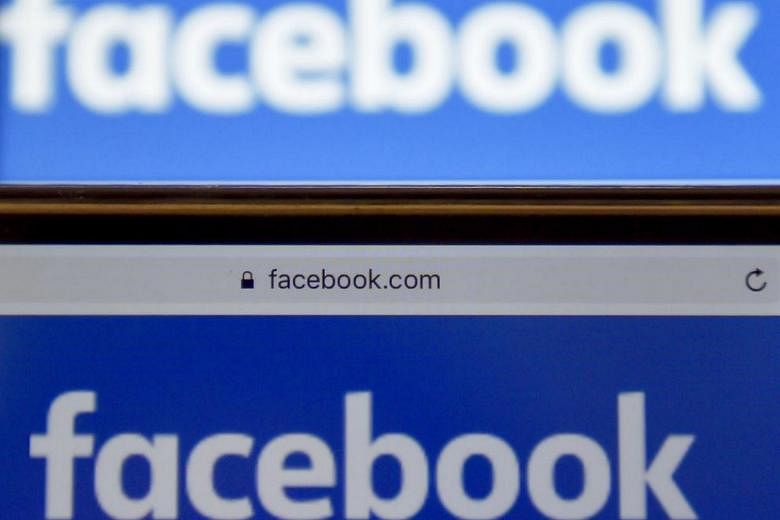Like most Thais her age, Ms Fasai Maleenon, 18, is an avid user of social media platforms such as Facebook, Instagram and Twitter, where she follows news and feels free to express herself online. But the freshman student feels that her privacy would be violated when the government approves measures aimed at regulating the use of social media in Thailand by 2019.
On Monday (July 3), the National Reform Steering Assembly (NRSA), accepted a proposal that could require social media users to register their mobile numbers together with fingerprints and face scans.
The media reform committee of the NRSA, the junta-appointed body tasked to implement political and social reforms, also proposed the creation of a "central social media watch centre" to monitor netizens 24 hours a day.
The proposal, which the assembly passed 144-1, will be submitted to the Cabinet for review before it is sent to the king for endorsement.
Most observers expect the proposal to be passed into law.
If this happens, people's actions on social media will be restricted, Ms Fasai said. "The government would know what we are talking about and I don't think that's private at all."
Ms Wee Tunthayakhul, 33, an employee of a private company, said the proposal is a big issue among social media users. "I understand that it's for security but I think liberty is important."
Mr Kan Yuenyong, executive director of the Bangkok-based think-tank Siam Intelligence Unit, said the proposal will force people to "exercise self-censorship"."They're trying to manage information in society by clamping down, but the problem is, you can't technically clamp down on social media," Mr Kan said.
The government should not poke its nose on "normal dialogue between people", he added.
According to social media analytics developer Thoth Zocial, Thailand has 47 million Facebook users, 11 million Instagrammers and 9 million Twitter accounts as of May 2017.
In its proposal, the NRSA committee cited growing problems such as a lack of media literacy, abuse and "irresponsible exercise" of rights and freedom, which have social, political and economic effects. It also said that these have affected the kingdom's "main institution", without specifying what the institution was.
Social media platforms like Facebook and Twitter already offer an option for users to link accounts with mobile numbers for security reasons, but the proposal would mean that they would likely be compelled to share such encrypted information with the Thai government.
In May, the junta threatened to block access to Facebook over more than a hundred pages posted by critical netizens, which it deemed "offensive" and in violation of the Computer Crime Act. But the junta backed down after failing to secure court orders to take down the pages.
The media reform committee also pushed for the use of advanced technology that allows the tracing and examining of photographs, video, audio and text on YouTube and Facebook to identify users posting the content.


